If you are looking to strengthen some skills and/or have a little extra D&D goodness for the summer months, then check out this fantastic line-up of webinars coming up from the NCDD network. We encourage you to check out these events from NCDD sponsor The Courageous Leadership Project, NCDD member orgs Living Room Conversations and National Civic League, as well as, from the International Association of Facilitators (IAF) and International Associate for Public Participation (IAP2).
NCDD’s online D&D event roundup is a weekly compilation of the upcoming events happening in the digital world related to dialogue, deliberation, civic tech, engagement work, and more! Do you have a webinar or other digital event coming up that you’d like to share with the NCDD network? Please let us know in the comments section below or by emailing me at keiva[at]ncdd[dot]org, because we’d love to add it to the list!
Upcoming Online D&D Events: Living Room Conversations, IAF, IAP2, The Courageous Leadership Project, National Civic League
Online Living Room Conversation: Entertainment & The Media – 90-Minute Conversation w/ Optional 30-Minute Q & A with Hosts!

Thursday, August 1st
4 pm Pacific, 7 pm Eastern
The role and impact of our larger entertainment and media system has long been a source of lively discussion in America. Since the advent of the radio, then television, then cable, now internet — there have always been groups of people asking questions about what these advances in technology will mean for US life and what, if any, cautions or guidelines should be embraced to ensure their productive use. How do we consume entertainment? And what is the impact that we experience personally or in the community? What are your perspectives on entertainment and media issues? Here is the conversation guide.
International Association of Facilitators webinar – An introductory “depth-dive” webinar for Facilitators
 Saturday, August 4th
Saturday, August 4th
1 am Pacific, 4 am Eastern
This webinar is a taster of relevance to Facilitators who desire to stretch and really engage with deeper human aspects of people, groups and their empowerment – in the service of an enriched Facilitation journey.
REGISTER HERE
Living Room Conversations Training (free): The Nuts & Bolts of Living Room Conversations

Thursday, August 8th
2 pm Pacific, 5 pm Eastern
Join us for 90 minutes online to learn about Living Room Conversations. We’ll cover what a Living Room Conversation is, why we have them, and everything you need to know to get started hosting and/or participating in Living Room Conversations. This training is not required for participating in our conversations – we simply offer it for people who want to learn more about the Living Room Conversations practice.
Space is limited to 12 people so that we can offer a more interactive experience. Please only RSVP if you are 100% certain that you can attend. This training will take place using Zoom videoconferencing. A link to join the conversation will be sent to participants by the Wednesday before this training.
REGISTER: www.livingroomconversations.org/event/training-free-the-nuts-bolts-of-living-room-conversations-14/
Online Living Room Conversation: Mental Health – 90-Minute Conversation w/ Optional 30-Minute Q & A with Hosts!

Thursday, August 8th
4 pm Pacific, 7 pm Eastern
Most people agree that we want to reduce the stigma around mental health issues so that individuals and families are more inclined to seek help. Many people look to traditional western medicine for the primary answers to mental health problems. There is growing interest in exploring a wider variety of ways to support people facing mental health challenges. The value of meditation, exercise and other practices show great promise as we learn more and more about the plasticity of our brains. What does it mean to ‘get better’ from a mental health problems, and is it even possible? Here is the conversation guide.
IAP2 Monthly Webinar: Victoria Encore – “Navigating The Culture Wars Through Thoughtful P2”
 Tuesday, August 13th
Tuesday, August 13th
11 am Pacific, 2 pm Eastern
Once again, we’re excited to present one of the session presentations at the 2018 IAP2 North American Conference, that attendees told us would make a good Learning Webinar. In this, John Godec MCP3, Debra Duerr and Wendy Green-Lowe CP3 of The Participation Company, and Doug Sarno MCP3 of Forum Facilitation Group discuss delving into understanding of human behavior, the battle for control, and toxic participants and how we approach these issues as P2 practitioners.
It’s never been easy, but to be successful these days, we need to adjust to a hyper political and partisan environment. This session will explore the key battles we face in designing and conducting successful participation. We’ll discuss creating a level playing field, creating trust and facilitating success: what are the obstacles, and what are our “big guns”?
REGISTER: https://iap2usa.org/event-3166256
International Association of Facilitators webinar – What facilitators can do in disaster situations? (Espanyol)
 Thursday, August 15th
Thursday, August 15th
3 pm Pacific, 6 pm Eastern
No description provided.
REGISTER: www.iaf-world.org/site/events/what-facilitators-can-do-disaster-situations-espanyol
Online Living Room Conversation: Righteousness and Relationships – 90-Minute Conversation w/ Optional 30-Minute Q & A with Hosts!

Thursday, August 15th
4 pm Pacific, 7 pm Eastern
Racist, sexist, homophobe, even nazi: these words have lost their power for many conservatives. They don’t believe that these words describe them. They experience this as name-calling – part of an ongoing effort to undermine people on the right who have different values. Latte drinking liberal, femi-nazi, elitist: these are a few of the words that are used to dismiss people on the left. So now we are caught in a culture war where we are all losing. Losing friends, losing family, losing the ability to solve problems in a way that respects and honors the needs of everyone affected. How do we change this dynamic? Is there a way for us to tap into the kindness and goodwill that we’ve seen in friends across the political spectrum? Here is the conversation guide.
The Courageous Leadership Project webinar – Brave, Honest Conversations
 Wednesday, August 21st
Wednesday, August 21st
9 am Pacific, 12 pm Eastern
Some conversations are hard to have. Fear and discomfort build in your body and you avoid and procrastinate or pretend everything is fine. Sometimes you rush in with urgency, wanting to smooth things over, fix them, and make them better. Sometimes you go to battle stations, positioning the conversation so you have a higher chance of being on the “winning” side. NONE OF THIS WORKS. Instead, it usually makes a hard conversation harder; more divided, polarized, and disconnected from others. The more people involved, the harder the conversation can be. I believe that brave, honest conversations are how we solve the problems we face in our world – together.
In this webinar, we will cover: What is a Brave, Honest Conversation ? Why have one? What can change because of a brave, honest conversation? How do you have one? What do you need to think about and do? How do you prepare yourself for a brave, honest conversation?
? Why have one? What can change because of a brave, honest conversation? How do you have one? What do you need to think about and do? How do you prepare yourself for a brave, honest conversation?
REGISTER: www.bravelylead.com/events/bhcfreewebinar
National Civic League AAC Promising Practices Webinar – Improving Health and Fitness through Inclusive Community Challenges
![]() Wednesday, August 28th
Wednesday, August 28th
11:30 am Pacific, 2:30 pm Eastern
Join the National Civic League to learn how two of our 2019 All-America Cities are using community recreation challenges to improve health & fitness. Battle Creek, MI will tell us about Operation Fit, which is a healthy community initiative of Bronson Battle Creek, the Battle Creek Community Foundation, Regional Health Alliance, and the Battle Creek Family YMCA. The goal of Operation Fit is to decrease childhood obesity in Calhoun County.
REGISTER: www.nationalcivicleague.org/resource-center/promising-practices/

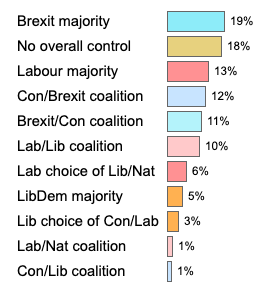
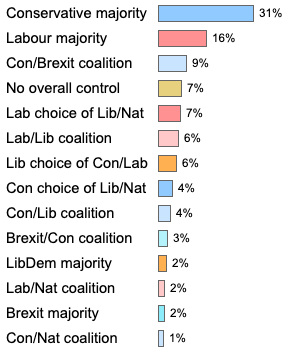
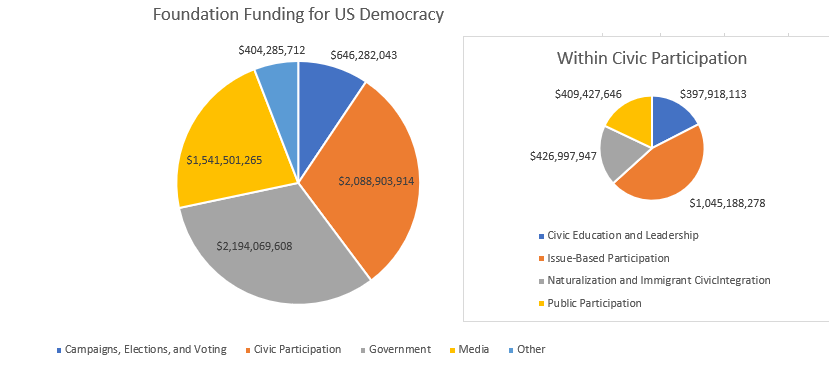
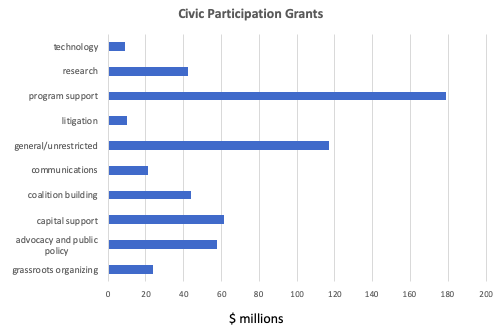
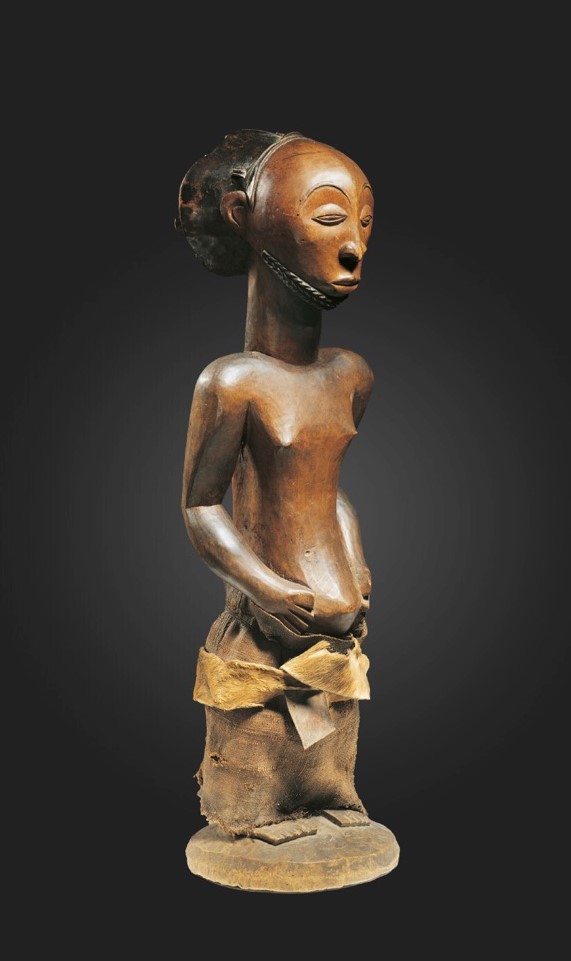


 Join us Friday, August 16th at the American Village in Montevallo, Alabama for an exploration of the forces that pull us closer.
Join us Friday, August 16th at the American Village in Montevallo, Alabama for an exploration of the forces that pull us closer.